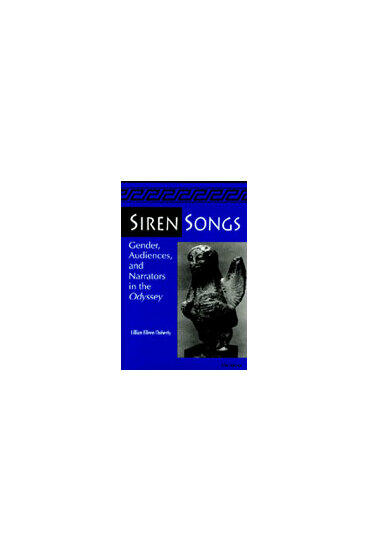Siren Songs
Gender, Audiences, and Narrators in the Odyssey
A feminist critique of the Odyssey
Description
In Siren Songs: Gender, Audiences, and Narrators in the Odyssey, Lillian Eileen Doherty shows us that the attitude of Odysseus, as well as of the Odyssey, is highly ambivalent toward women. Odysseus rewards supportive female characters by treating them as privileged members of the audience for his own tales. At the same time, dangerous female narrators--who threaten to disrupt or revise the hero's story--are discredited by the narrative framework in which their stories appear.
Siren Songs synthesizes audience-oriented and narratological approaches, and examines the relationships among three kinds of audiences: internal, implied, and actual. The author prefaces her own reading of the Odyssey with an analysis of the issues posed by the earlier feminist readings on which she builds. Should the Odyssey be read as a "closed" text, that is, as one whose meaning is highly determined, or as an "open" text whose contradictions and ambiguities undercut its overt meanings?
Siren Songs presents a feminist critique of the Odyssey in an accessible manner aimed at a more general audience. All Greek is translated, and critical terminology is clearly defined.
Lillian Eileen Doherty is Associate Professor of Classics, University of Maryland, College Park.

